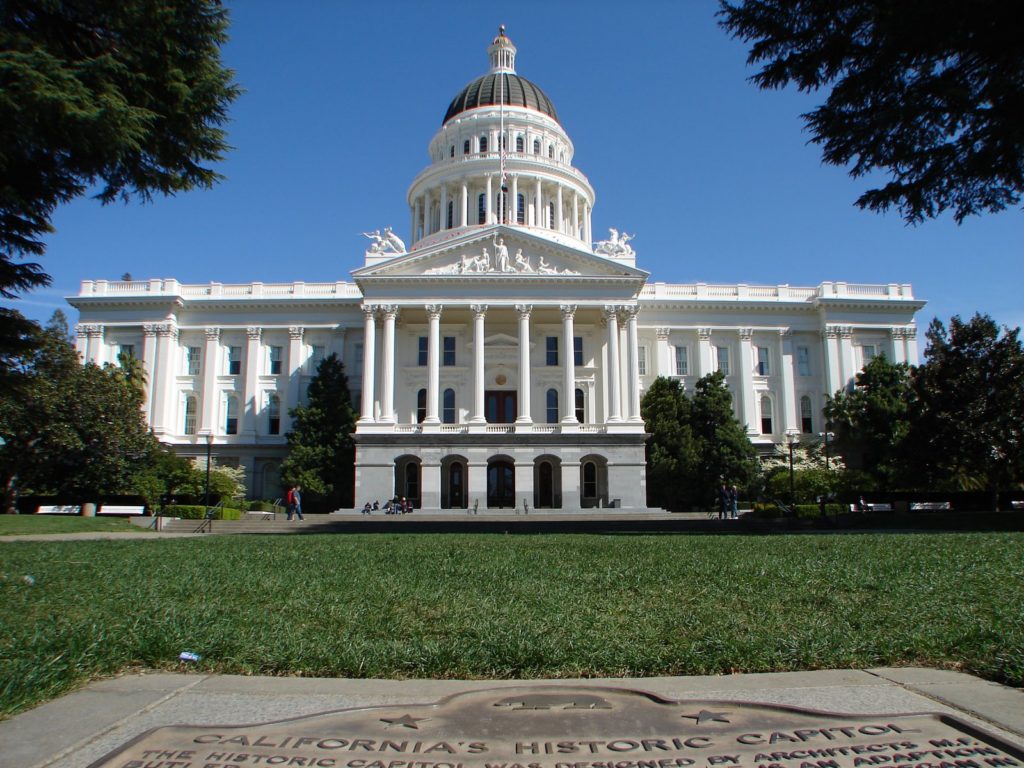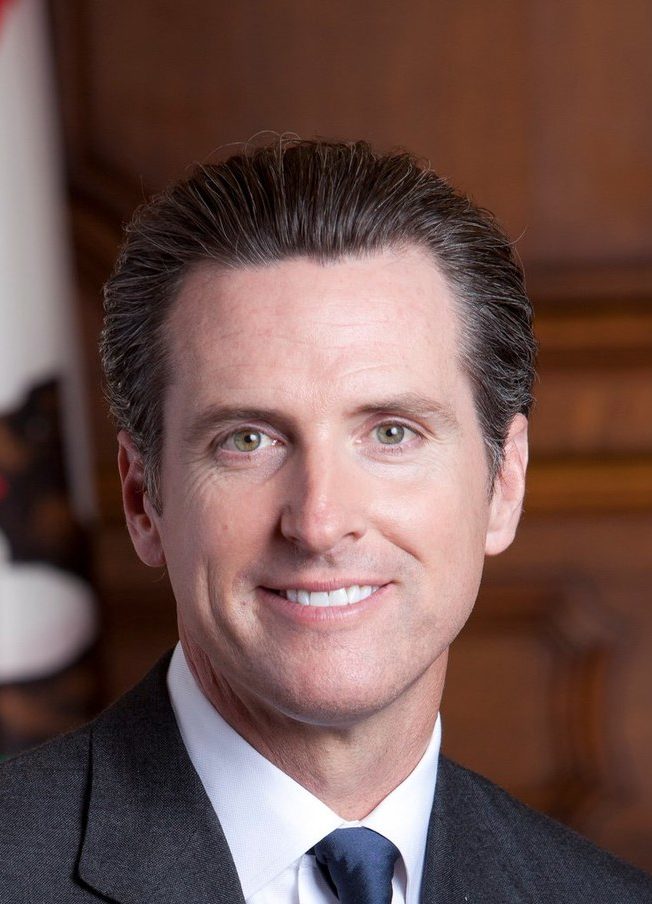
Gov. Gavin Newsom’s proposed 2020-21 state budget increases funding for education by almost $4 billion over last year and reflects his priorities to address the teacher shortage crisis and provide resources to our neediest students.
“We applaud [Gov. Newsom] for making strong allocations to address the needs of students and the critical teacher shortage in this state.”
—CTA President E. Toby Boyd
Newsom submitted his budget proposal to the Legislature Jan. 10. The overall budget includes $222.2 billion in total funds, a 2.2 percent increase from 2019-20 and the highest funding level ever.

The budget allocates $84 billion for K-14, an increase of $3.8 billion over last year. Per-pupil spending for K-12 education from all sources is projected to be $17,964 in 2020-21, an increase from $17,508 in 2019-20. Ongoing K-12 Proposition 98 per-pupil spending is expected to be $12,600 in 2020-21, an increase of $496 per pupil over 2019-20.
“It’s clear that the governor recognizes the challenges facing our students and educators, and we applaud him for making strong allocations to address the needs of students and the critical teacher shortage in this state,” says CTA President E. Toby Boyd.
Proposed budget highlights:
LCFF and LCAP. Funding for the Local Control Funding Formula (LCFF) is $64.2 billion, with support for actions to improve the Local Control and Accountability Plan (LCAP) and improve LCFF fiscal accountability. “The $1.2 billion increase to the LCFF will help local schools provide additional programs for students, especially those with higher needs like English learners, lower-income students and foster youth,” Boyd says. “The proposal also includes additional funding for early childhood education and for making college more accessible to students.”
Special education. A total of $900 million, including $645 million ongoing Prop. 98 General Fund to augment Newsom’s proposed new special education base rate formula; $250 million on a one-time basis to school districts based on the number of children ages 3-5 with exceptional needs served; and funds for a study, workgroups, and dyslexia research and training. Boyd notes that the federal government “has shortchanged our students with special needs for far too long” and says Newsom’s proposal for special education support will help offset some of those shortfalls and help provide the resources our students need.
Educator recruitment and professional development. $900 million to expand and increase the preparedness of the state’s public K-12 teacher and administrator workforce, including:
- Professional development and support. $350 million one-time Prop. 98 General Fund to augment competitive grants for professional learning opportunities for teachers and paraprofessionals across the state in specific high-need areas.
- Educator recruitment and preparation (all one-time Prop. 98 General Fund). $193 million for a grant program to address workforce shortages in high-need subjects and areas; $175 million to expand the Teacher Residency Program — locally sponsored, one-year intensive, mentored, clinical teacher preparation programs dedicated to preparing and retaining teachers in high-need subject areas in high-need communities; $100 million for $20,000 stipends for fully credentialed teachers who complete four years of teaching service in a high-need subject at a high-need school; $64.1 million to expand a program that provides grants to K-12 local education agencies (LEAs) to recruit noncertificated school employees to become certificated classroom teachers.
“The $900 million for attracting and recruiting educators will help us make progress toward ensuring our students have teachers who look like them and who are qualified in the areas they teach like special education, math and science,” Boyd says.
Early childhood education. $5 million one-time General Fund for a long-term strategic plan to provide a road map to universal preschool and a comprehensive, quality, affordable child care system. This includes:
- Kindergarten and preschool facilities. $400 million one-time non-Prop. 98 General Fund for the grant to convert part-day kindergarten programs into full-day programs; and $75 million one-time Prop. 98 General Fund for LEAs to construct or modify preschool facilities to serve students with exceptional needs or severe disabilities.
- Preschool slots. $31.9 million in 2020-21 and $127 million on going non-Prop. 98 General Fund for an additional 10,000 state preschool slots at non-LEAs beginning April 1, 2021 Community colleges. The governor’s budget provides an increase of $370.1 million Prop. 98 General Fund for community colleges, compared to the 2019-20 budget. Highlights:
- An increase of $167.2 million for a 2.29 percent cost-of-living adjustment.
- An increase of $31.9 million for enrollment growth.
- An increase of $83.2 million for creation of apprenticeship opportunities in priority and emerging industry sectors.
- An increase of $15 million for a pilot fellowship program for improving faculty diversity at community colleges and an increase of $10 million for part-time faculty office hours.
- An increase of $11.4 million to establish or support food pantries on campus.
- An increase of $10 million to develop and implement zerotextbook- cost degrees using open educational resources.
- An increase of $10 million to provide legal services to immigrant students, faculty and staff on campus.
The final budget must be approved by the Legislature and will be updated in May.
Despite California’s economy consistently expanding (it’s now ranked fifth largest in the world), the state ranks 39th in the nation in per-pupil funding, has the most overcrowded classrooms in the country, and suffers from some of the worst ratios of students to counselors and nurses.
“This is why we are supporting the Schools and Communities First (SCF) initiative and why educators are working to get it on the November ballot,” says Boyd. “SCF guarantees the long-term, steady funding stream that our schools and local communities need. By closing corporate property tax loopholes, we can ensure that $12 billion every year gets reclaimed locally for our schools and local communities.”
Proposition 98
PROP. 98, passed by California voters in 1988, guarantees a minimum level of funding for public schools and community colleges. These are funds raised primarily through income, sales, corporate and capital gains taxes (the state’s General Fund), combined with local property tax revenues. The guaranteed amount is calculated each year using one of three formulas that apply under varying fiscal and economic conditions. They factor in such criteria as annual changes in statewide K-12 student attendance, per capita personal income, and per capita General Fund revenues.
The Discussion 0 comments Post a Comment